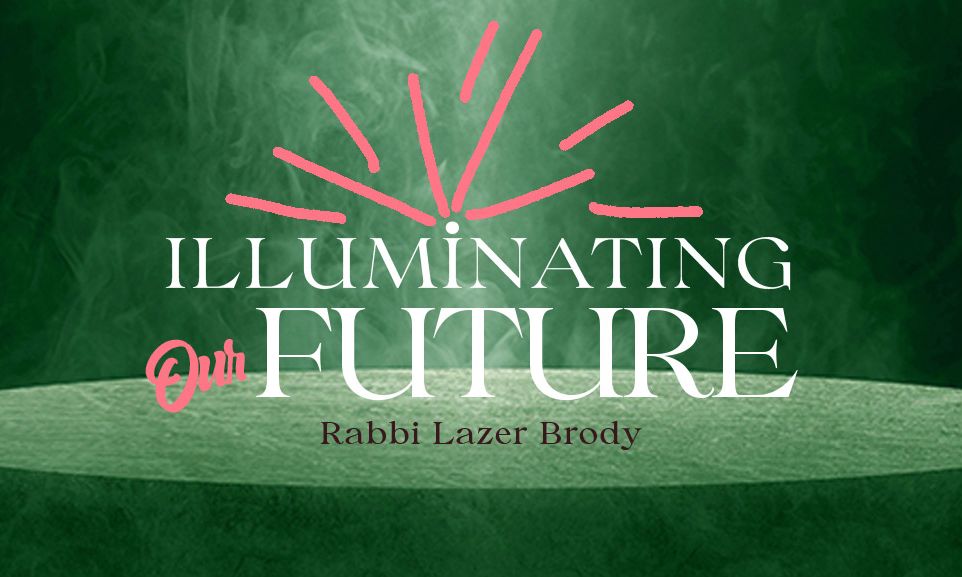
Shabbat Zachor: Illuminating Our Future
Any nation without a past has no future, for it is like a ship on a stormy sea with no navigational capability, vulnerable to every single wind…

Amalek, the arch-enemy of the Jewish People, knows exactly where to attack. He hits the spiritually weak, “…those of you who have fallen behind, and you are tired and weary and don’t fear Hashem” (Maftir, Zachor). The Torah’s reference to “tired and weary” is not a physical one at all. It refers to the fatigue of the soul, where a person doesn’t have the power to get out of bed in the morning, to put on tefillin and to pray. What happened? The venom of Amalek neutralizes emuna and breeds heresy, to the extent that a person thinks, Heaven forbid, that Hashem doesn’t hear his prayers and that praying is a waste of time. He sees no end to his suffering and no hope to his endless financial, health and/or marital problems. Mathematically speaking, hopelessness – emuna = despair. A Jew in despair is a vanquished Jew, overtaken by Amalek.
How does a Jew reach the point of hopelessness and the lack of emuna that leads to the utter despair that takes away his will to live, much less to strive? Here, Amalek rears his ugly head again. Amalek tells the Jew to wipe away the outdated, antiquated, and irrelevant past. Amalek tells the Jew to first tuck his tzitzit in his shirt; once he does, Amalek tells him to remove them altogether. The same with the kippa; Amalek  tells the Jew that it’s dangerous nowadays to walk around like a target for all the terrorists lurking, whether in Jerusalem, Paris, or Brooklyn. “Wear a baseball hat or a beret,” says Amalek. Soon, the gullible Jew’s head won’t be covered at all – then, he’s really exposed to danger…
tells the Jew that it’s dangerous nowadays to walk around like a target for all the terrorists lurking, whether in Jerusalem, Paris, or Brooklyn. “Wear a baseball hat or a beret,” says Amalek. Soon, the gullible Jew’s head won’t be covered at all – then, he’s really exposed to danger…
The Amaleki society of both yesteryear and today disdains former generations. They’re not instep with progress and hi-tech! Nothing is so useless as a computer science textbook from a mere three years ago; technology is way down the road since then. If that’s the case, says Amalek, what are you wasting your time with writings from 100, 2000, and 3,000 years ago? Amalek’s intolerance for former generations is the reason why he believes in Darwin’s theory of evolution, for each prior generation is a little bit closer to the chimpanzee. No wonder he wants nothing to do with the past!
The Jewish People, in stark contrast, cling to former generations and revere them. Whereas Amalek considers himself the sophisticated know-it-all who has nothing to learn from the old-timers, Israel’s past illuminates its future, for anyone who forgets his Jewish past soon assimilates and forfeits his Jewish future. Indeed, the older something is in Jewish tradition, the more respected it is. A latter-day religious authority known as an acharon (15th Century CE to the present) cannot argue with a rishon, or 9th – 15th Century CE rabbinical authority. Likewise, a rishon cannot dispute an amora (Talmudic sage, 3rd – 5th Century CE), and an amora cannot dispute a tanna (Mishnaic sage, 2nd Century BCE – 2nd Century CE). Every prior generation brings us closer to King David, Moses, Abraham, Isaac and Jacob. As opposed to Amalek who teaches and practices heresy, our forefathers teach us emuna.
We know that the Torah is true, not because of our logic or intellectual prowess. In fact, when the Amalekites and other heretics come with their so-called rational arguments against Torah, we neither argue with them nor pay attention to them. Why? We have a Kabalat Avot, an oral tradition from father to son and from teacher to pupil that goes back in an unbroken chain to Esther and Mordechai, to Moses and Aaron, and to Abraham and Sarah. This unbroken chain witnessed Hashem reveal Himself on Mount Sinai and split the waters of the Red Sea. When the Torah speaks about Amalek, it says, “War with Amalek in every generation” (Exodus 17:16). Yet, when King David describes the Jews, he says, “Generation to generation shall praise Your doings.” (Psalm 145:4). Whereas with Amalek, there is no connection between one generation and the other, with Israel, each generation is connected to the previous one.
Our previous generations teach us emuna. Mordechai follows in the footsteps of King Hezekiah, who told Isaiah the Prophet, “I learned via tradition from my great-grandfather, King David, that even if a sharp sword is resting on your jugular vein, don’t lose hope!”
Haman’s decree of annihilation was signed and sealed, a done deal. Yet, Mordechai and Esther didn’t lose hope. The end is history – we’re still here and the oppressors of yesteryear are gone. The same will happen to the oppressors of today – just wait and see. All we have to do is to cling to our emuna, to the true tzaddikim of our generation and those of previous generations, and to never forget the Purim!


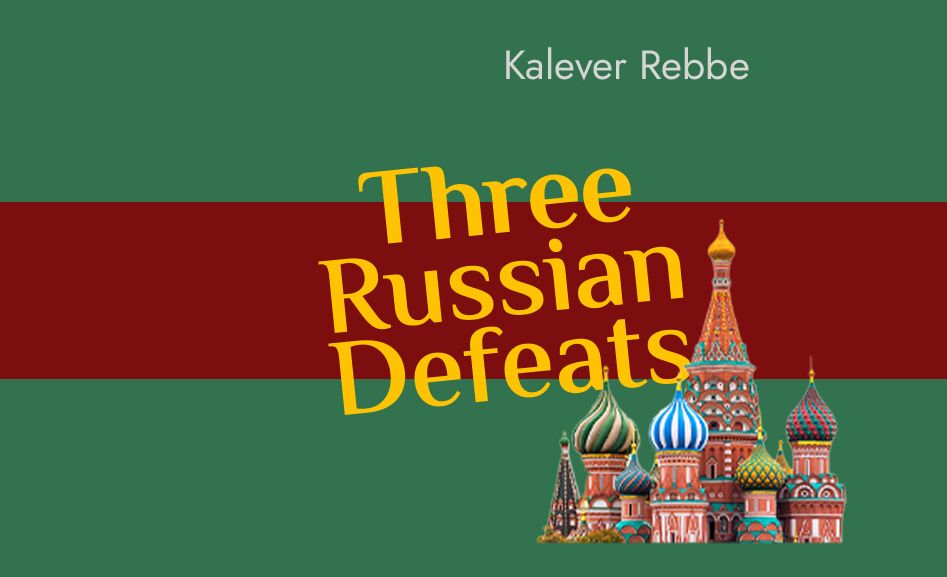
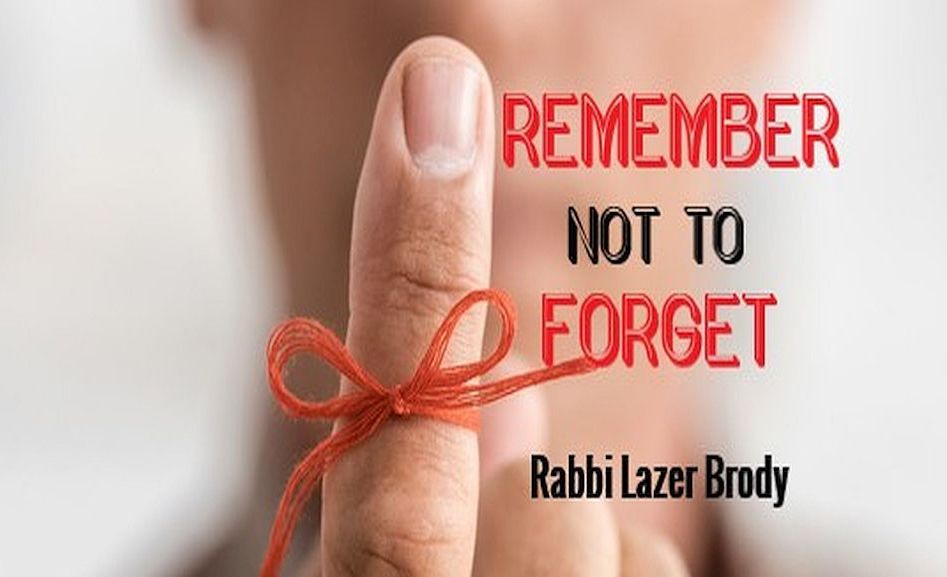

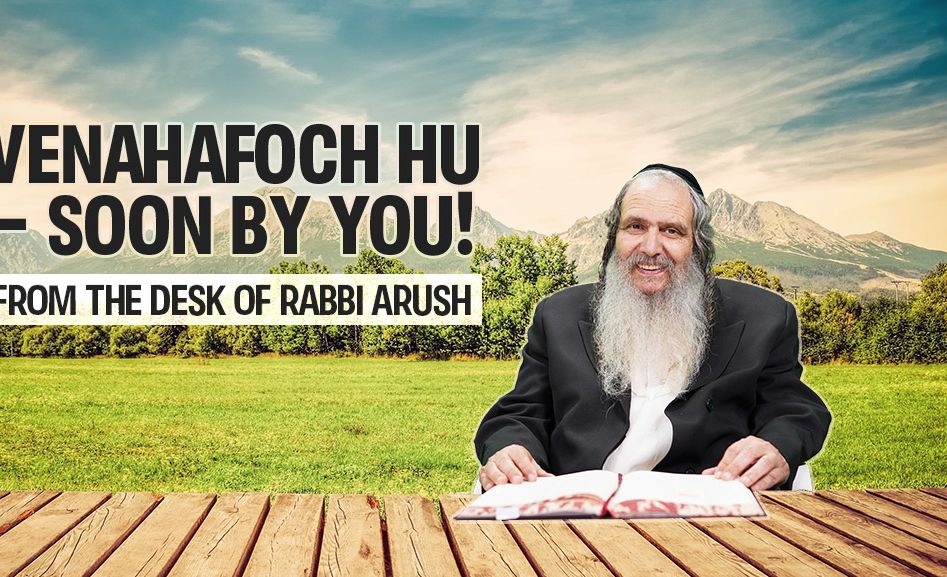



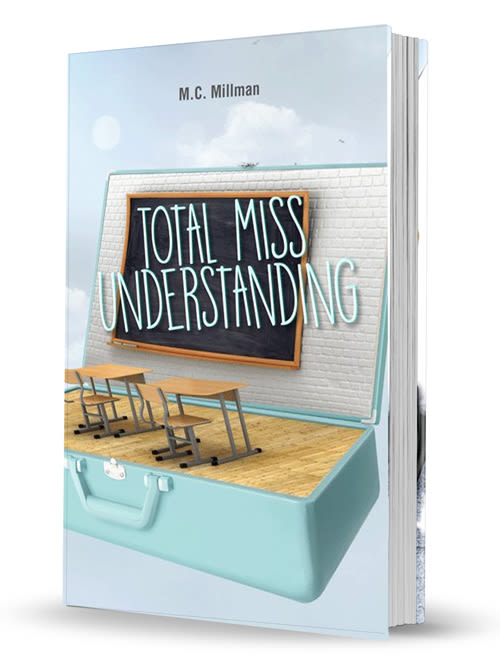


Tell us what you think!
Thank you for your comment!
It will be published after approval by the Editor.